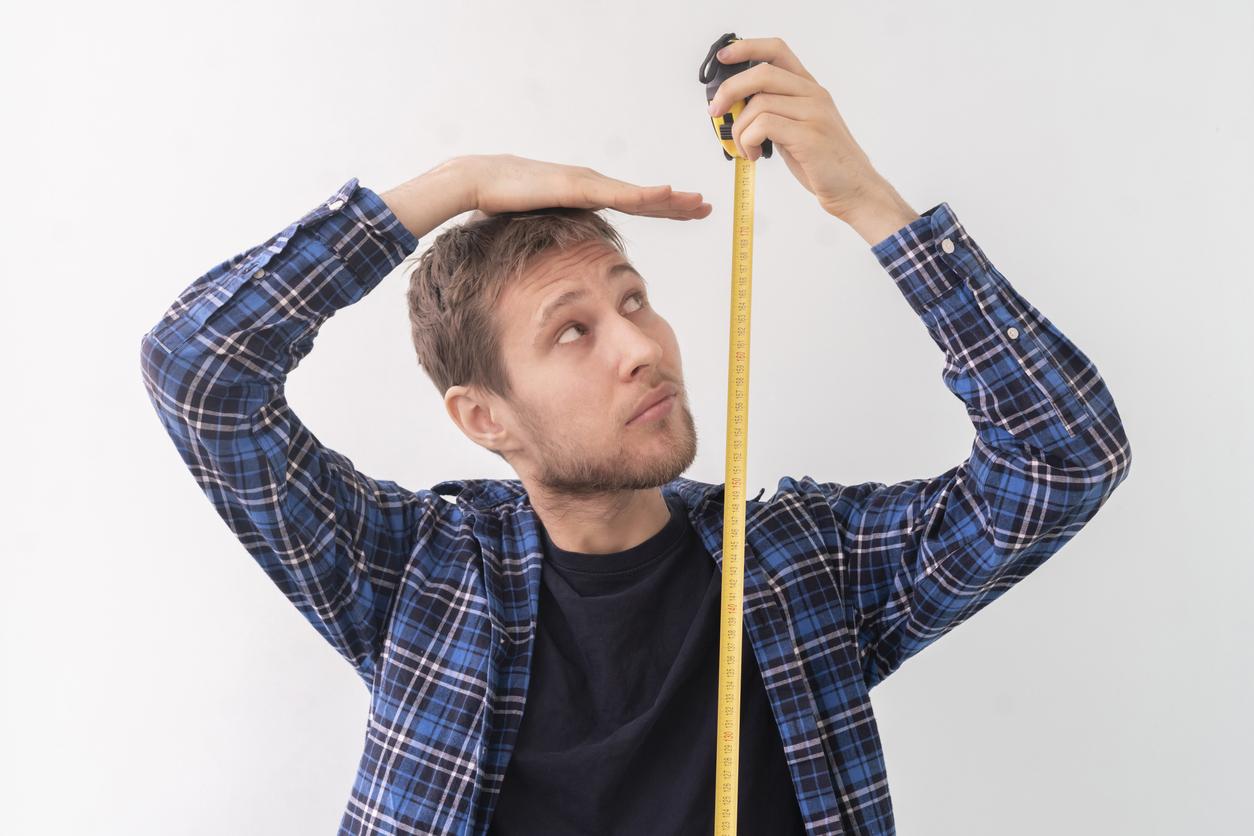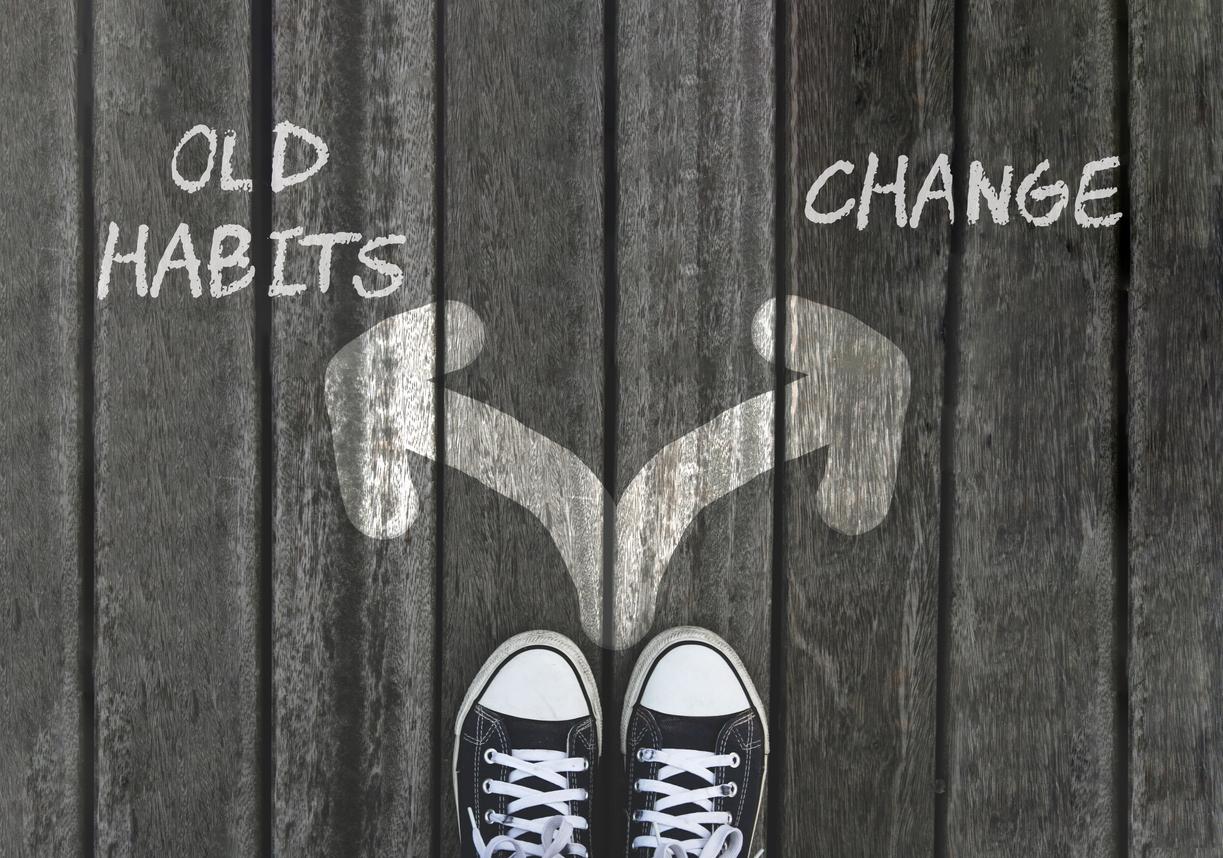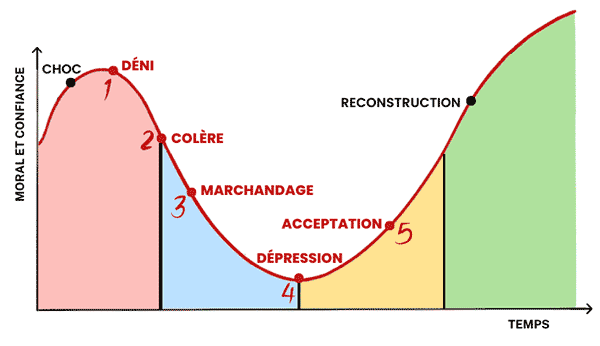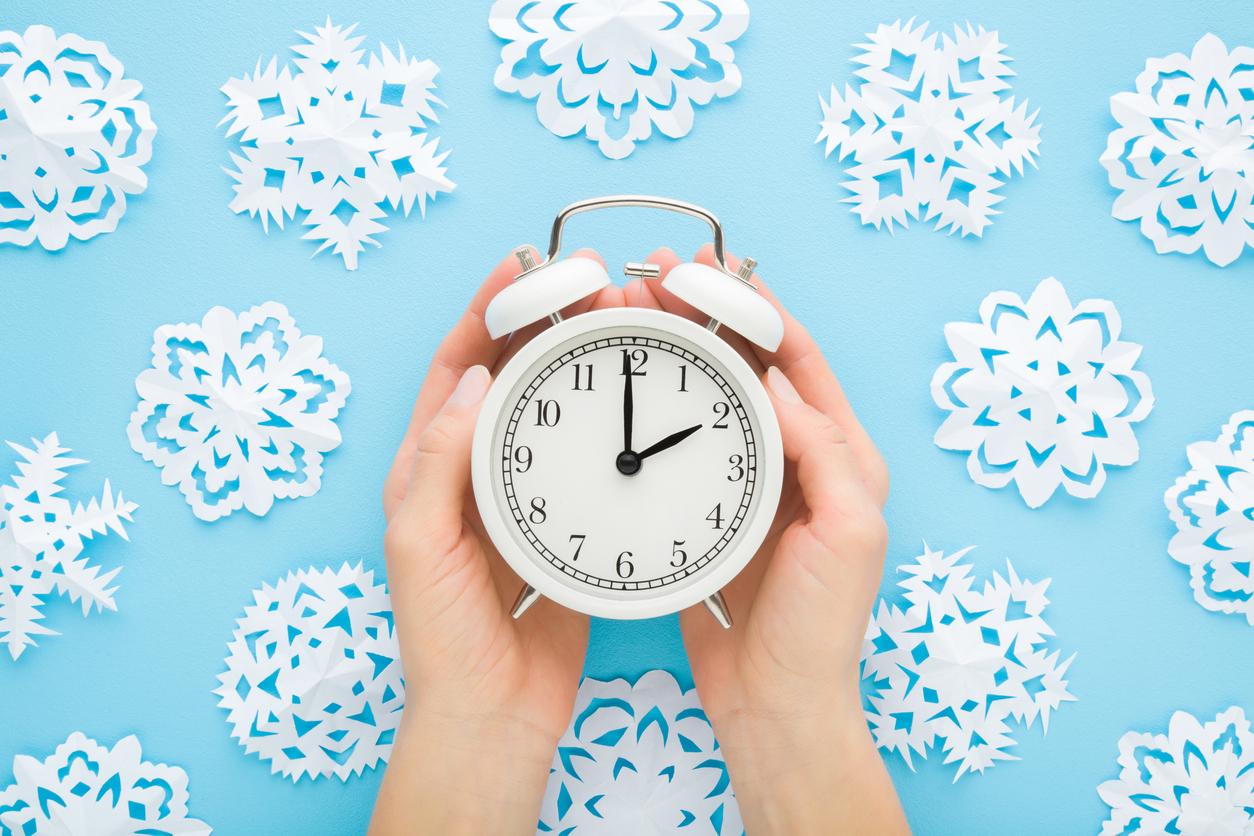Over time, physiological changes can occur and impact the sexuality of older people.

- Due to physiological changes, sexuality evolves over the years.
- Older men may have erectile dysfunction.
- Arousal and lubrication are slower in an older woman, according to the results of a study from the University of Limoges.
In a report published in September 2022, the association Petits Frères des Pauvres observed that one in two elderly people continue to have intimate relationships. Nearly 91% are satisfied with it. Over the years, however, natural changes can occur and lead to sexual disorders in both men and women.
Erectile dysfunction in men and slower arousal in women
In 2021, the University of Limoges unveiled the conclusions of research on the sexuality and intimacy of seniors. The scientists had notably noted an increase in sexual disorders, linked to erectile dysfunction, in elderly men. Over time, ejaculation is notably slower to obtain and ejaculatory power is reduced. The stiffness of the penis may also prove to be insufficient, particularly if the patient has urogenital disorders or another disease.
In a woman, sexual difficulties can also appear with age. According to the French study, excitement and lubrication are slower. After menopause, women can be affected by vaginal dryness or a thinning of the vaginal wall, which can lead to irritation or even pain during intercourse. Orgasm may be shorter in older women with fewer contractions. Researchers have sometimes identified a decline, but not a disappearance of libido in older women.
At present, the sexuality of seniors remains a taboo subject. However, it is important that patients are informed about the potential diseases that can impact sexual function. So do not hesitate to consult. The doctor can take care of the various disorders or refer to a specialist (urologist, andrologist, etc.), in order to maintain a fulfilling sexuality. In addition, sexual life disorders can also be symptoms of underlying pathologies, which require specific treatments.















